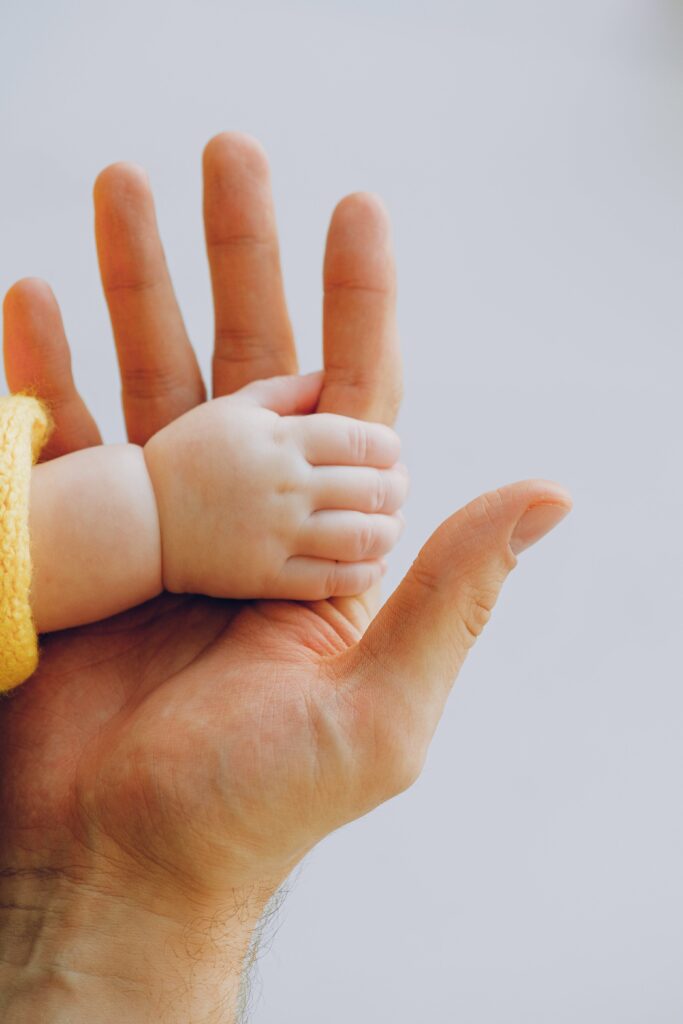Olaf's lyric in the Frozen II song, "That will all make sense when I am older" couldn't be further from the truth. Yes, I'm a mother and often think about adult concepts to make the 357th time listening to the children's song interesting again. We think that as we get older, we will be "older and wiser," as the Frozen song suggests. However, our childhood belief systems impact adult behaviors more than we may think. Many people are still unaware of this connection.
There is an internal battle inside me each time I help someone move past these childhood belief systems that negatively affect their life. One side of me is incredibly excited to see the light bulb turn on when someone realizes it is not them that is defective, but instead, their parents who were not able to meet their emotional needs.
The second side of me is sad that this person had to experience this situation in the first place. What can we do to limit the amount of emotional abuse/neglect someone will experience as a child? When will society catch up to what every trauma specialist already knows?
Emotional abuse/neglect can cause Complex Post-Traumatic Stress Disorder (CPTSD). However, this is a topic I can discuss at a different time.
Case Example: Before Challenged Childhood Belief System
Think of it this way. A child lives in a house where parents don't hug or say "I love you" to the child. Add another layer - they punish the child for crying. Repeatedly.
What happens to this child?
The child grows up with a belief that his/her/their emotional needs will never be met and they cannot express spontaneous emotions due to fear of serious negative reactions.
Learned Belief (My needs won't be met/It is bad to express my feelings) + Unchallenged Belief System into adulthood = Continuous Unmet Adult Needs
The adult with this distorted belief system may be viewed by others as cold, uptight, or flat. Of course, they would. On some level, they learned that keeping their emotions inside and not asking others for their need to be met kept them safe. Staying safe is what the schema belief wants.

Fast forward some years, now this person is married and has a management position in their career field.
How do these belief systems negatively impact romantic relationships and leadership roles at work?
The marriage might start to decompose if the person is not emotionally available for his/her/their partner. If they have kids, the same connection-smashing behavior can be passed down through generations. Lastly, the person is getting feedback from employees that they are unsupportive and "don't understand" their needs.
Why?
Effects of Childhood Beliefs on Relationships, Leaders, and Family Today
Because this unchallenged belief system is still running in the background. This person is still viewed as a cold and uptight individual that cannot connect to the needs of his employees or family.
We often talk about the best leaders as being able to "effectively manage" their employees. "Manage" means the effort to help employees do their best each day in order to achieve larger goals for the organization. If the employees are lucky and the leader has some knowledge of the importance of mental health, they might be encouraged to do some form of self-care to meet their personal needs.
This method is not sustainable or effective.
Many leaders do not realize they have the power to influence healthy culture and employee retention by changing their own belief systems. To truly be an effective leader, you need to understand how your belief systems display in your behaviors and then have insight into how the behaviors affect others around you.
Managing people is more than just making sure their job description is being met. It's about understanding other people also have belief systems of their own and leaders can be genuine and professionally vulnerable to help meet these needs.
Let me be clear. This is different from the typical "de-escalation training" that many corporations provide. That training is helpful and has its place. Why not start meeting the needs of employees from the first onset of emotional disruption, so it does not increase to intense emotional dysregulation, i.e. poor workplace culture, unhappy employees, burnout, and high turnover rates?
Case Example: After Challenged Belief
Example:
1. A leader with a belief that showing emotions is not helpful.
Employee expresses frustration over workload + Cold reaction from leader = Increased employee frustration due to not feeling understood or validated
2. The leader with a healed belief: Showing emotion is helpful.
Employee expresses frustration over workload + Validating verbals and expressive non-verbals from leader = Employee's needs are met and reduces their frustration levels
The fact of the matter is, that not everyone has insight into these behaviors or thought patterns. Leaders may need assistance from a trained expert to be able to increase self-awareness in order to break these patterns.
Other belief systems that can negatively impact the workplace are entitlement, perfectionism, abandonment, defectiveness, mistrust, social isolation, and vulnerability to harm.
Breaking Free From The Past
My proprietary framework, the R.E.N.E.W. Method to Living™, includes skills on how to be self-aware of our internal states (thoughts and behaviors) and assists leaders to understand and change core belief systems that are negatively impacting their work and family relationships.
Before you start assessing the effectiveness of multiple different systems in your business or family unit, start with the first system - how you filter and interpret events and the effects on relationships.
So, I guess in a sense Olaf is right.
Painful early childhood experiences "can make sense when I am older" if you take the time to increase self-awareness, acknowledge past experiences that shape your behavior today, and be willing to make changes.
If you need support navigating limiting beliefs, please seek professional coaching.
Be the first to comment